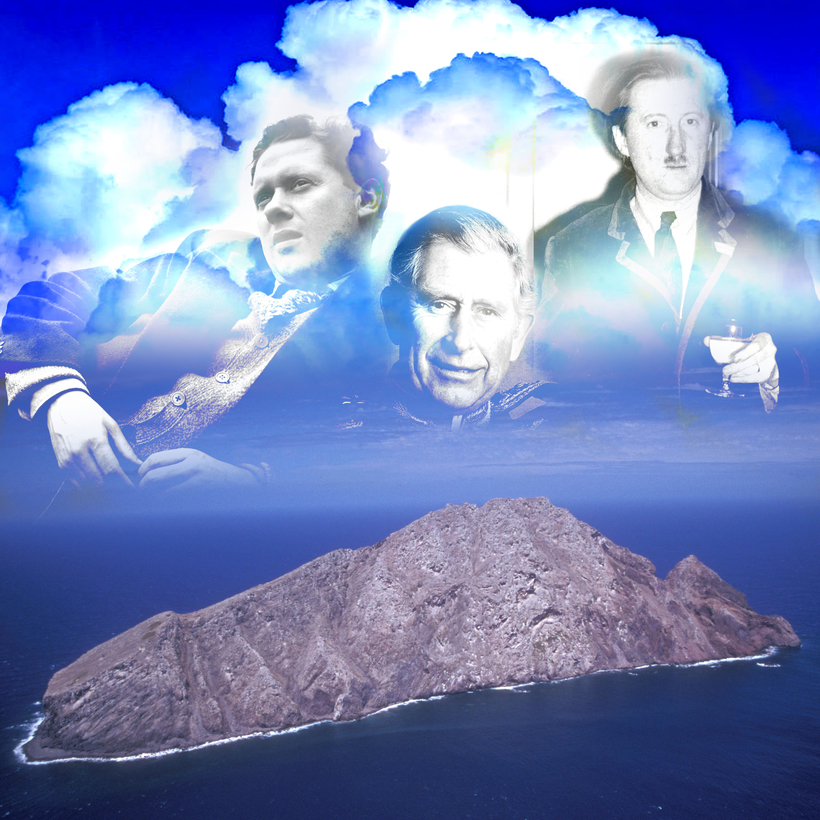An almost fictional kingdom in the Caribbean is in the grip of a succession crisis.
In real life, Redonda is an uninhabited slab of rock 34 miles west of Antigua: an extinct volcano ringed by jagged cliffs and occupied by a herd of goats, a colony of owls and a species of seabird called the booby. It is a mile long and a third of a mile wide and, technically, it belongs to Antigua and Barbuda.

